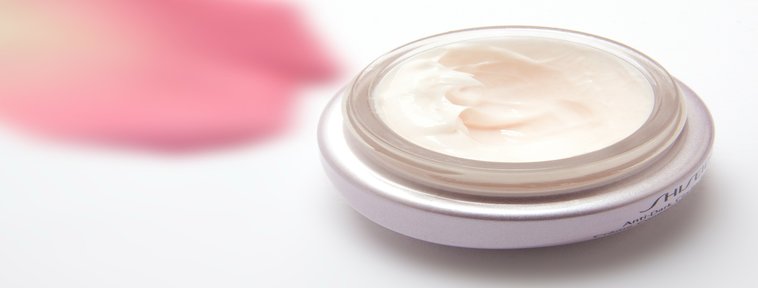What to Look For in a Sunscreen
 0
0
 2016-01-11
2016-01-11

Image Credits – Pixabay
Fancy a day outdoors under the bright sun? If it hasn’t been crammed down your throat enough, remember the message ‘Don’t forget your sunscreen!’ Sunscreen keeps out harmful UV rays that are potentially cancer causing. In order to know what the best product for you is, you need to know the names of useful sunscreen terms.
- Avobenzone: this is an extremely active-chemical element that penetrates the surface of the skin helping to absorb harmful UV rays. If you find avobenzone on your sunscreen’s label, you should also search for ingredients named octisalate and octocrylene that help stabilize avobenzone in order for it to remain effective for a longer time.
- Ecamsule: this is a newly approved element and has been available in Europe and Canada since the early 90s.
- Kid friendly sunscreen – stay away from sunscreens with para-aminobenzoic acid. When using sunscreen on children ensure it doesn’t contain oxybenzone or dioxybenzone as these can easily irritate children.
- Zinc oxide: these are physical compounds that reflect away absorbing rays from the skin. This is a good choice for wearers with sensitive skin.
- PA rating – developed by the Japanese, this system is responsible for measuring UV protection on a scale of one to three pluses. It is recommended to always use a broad spectrum sunscreen as there is no way of knowing exactly how much UV protection you will be getting.
- Water resistance: experts state a product which labels ‘water resistant’ will maintain an SPF protection for nearly 40 minutes of sweating or swimming. Very water resistant products tend to provide protection for around an hour and a half.
- Broad spectrum coverage – this term relates to the product providing protection against UVB and UVA rays. While UVB rays will burn the skin, UVA rays are known to cause damage with relation to age. Both forms are linked with skin cancer.
- SPF: this is a number relating to the actual protection you are receiving from UVB rays. This does not relate to the amount of time you are able to spend in the sun minus protection. There is no sunscreen that provides 100% protection. An SPF 45 product will provide only around 97 percent protection.
To know more about sunscreen, click here

 Joybynature.com Team
Joybynature.com Team

